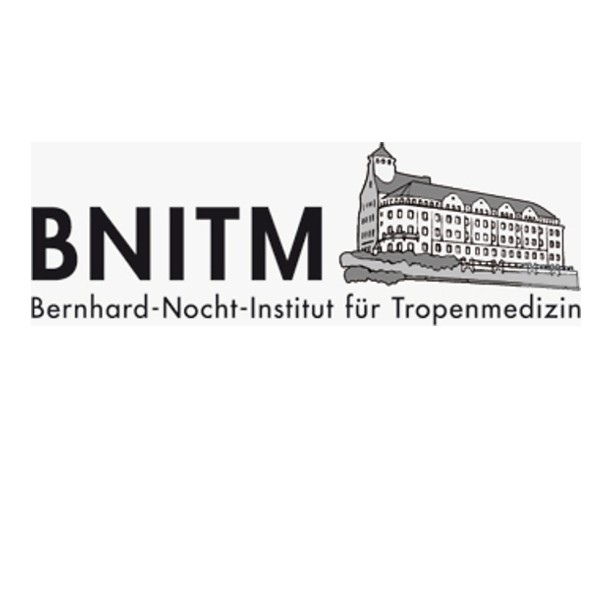
BNI - DE
Core Partner, BSL4, EU
The Bernhard-Nocht-Institute for Tropical Medicine is the “National Reference Center for Tropical Infectious Agents” in Germany. Research is dedicated to infectious diseases that are of particular relevance to the tropics. BNI offers assistance to hospitals, medical practices and laboratories worldwide in diagnostics of exotic and rare infectious agents (viruses, helminths, protozoa, and bacteria) and conducts research in the fields of microbiology, immunology, and human genetics.
Research of the Department of Virology is dedicated to applied and basic aspects of arenavirus biology, in particular the investigation of the virus life cycle, pathogenesis and immunology by the use of reverse genetics and structural biology techniques. Major focus of clinical virology is molecular epidemiology of arenaviruses and the development of novel diagnostic tools for the detection of known and unknown arenaviruses. Main facility dedicated to the project is the new BSL4 laboratory that is part of the “European Centre for Training and Research on Imported and Highly Contagious Diseases”. The new BSL4 facility will act as an international resource for scientists seeking to conduct specific projects involving BSL3 and BSL4 pathogens, insect experiments, or field studies. The Department of Virology is a WHO Collaborating Centre for Arbovirus and Haemorrhagic Fever Reference and Research (DEU-115).
Experience of the team involved in the project:- Operation of a BSL4 laboratory to investigate and diagnose highly pathogenic viruses such as Lassa and Ebola virus for more than 30 years.
- Routine diagnostic service for 50+ tropical viruses for patients returning from tropical countries with >5000 samples tested per year.
- Performing research programmes on identification and characterisation of emerging viruses; e.g. identification of SARS coronavirus in 2003, Ebola virus Guinea in 2014, and various arenaviruses.
- Establishment of small animal models for viral hemorrhagic fevers and studies on pathogenesis and immunology of the infection.
- Testing antivirals in vitro and in vivo
- Investigation of the replication complex of Lassa virus using genetics and structural biological techniques
Tasks in the project: According to BNI experience, the partner will lead the activities on high-risk pathogens. This includes developing platforms for studying risk group 4 viruses, such as Ebola virus, Marburg virus, Lassa virus, and Crimean-Congo hemorrhagic fever virus, including recombinant generation and characterising high-risk viruses that may currently not be studied in Europe. Small animal models that will be specifically established for these viruses to facilitate studies on pathogenesis, treatment, and vaccines. In addition, via diagnostic activities and collaborative research programs in endemic areas BNI will actively contribute to enlargement of the EVA virus collection and database. To this end, new viruses or virus strains will be completely sequenced and characterised. As coordinator of the European Mobile Laboratory (EMLab), partner BNI will link the EMLab consortium with EVA and make sure that new viruses discovered by EMLab missions are integrated in the EVA collection.